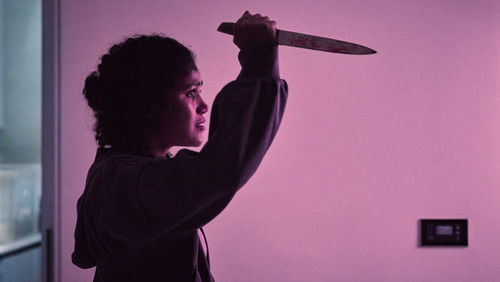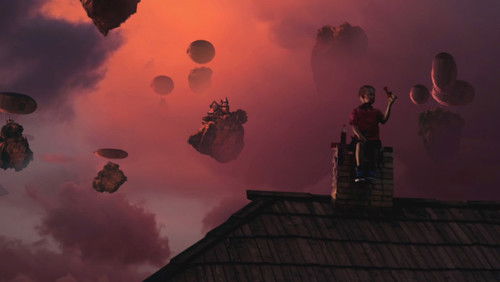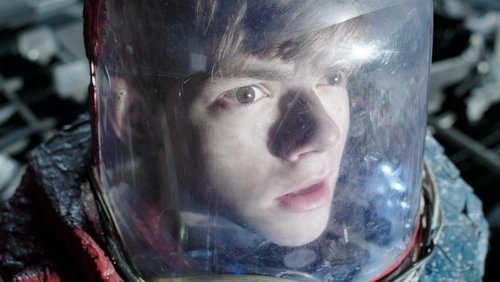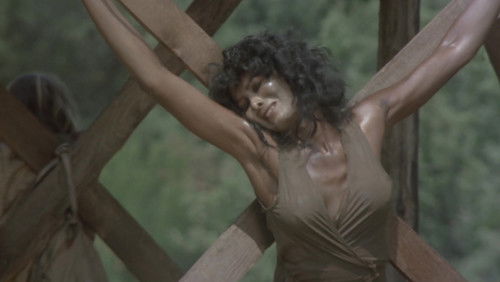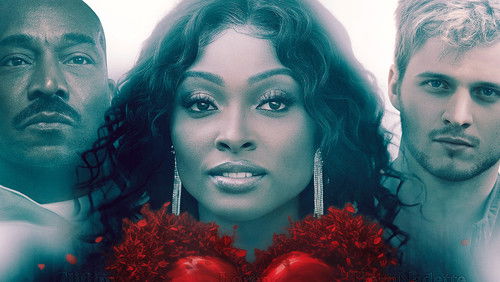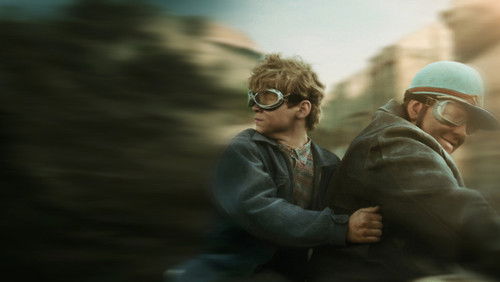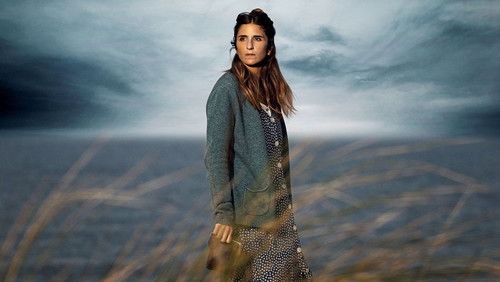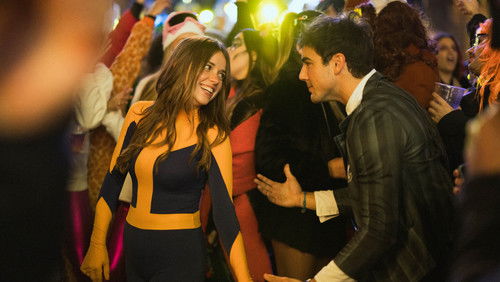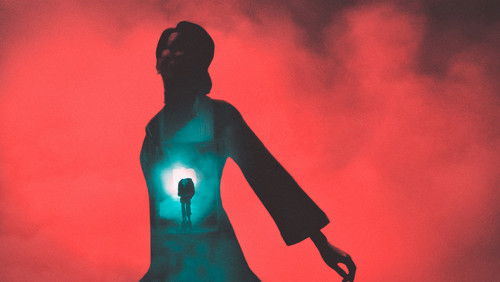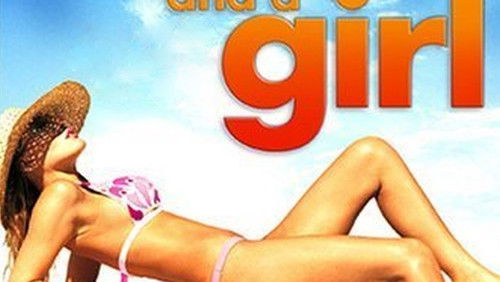Match Point (2005)
18KMatch Point: Directed by Woody Allen. With Jonathan Rhys Meyers, Alexander Armstrong, Paul Kaye, Matthew Goode. At a turning point in his life, a former tennis pro falls for an actress who happens to be dating his friend and soon-to-be brother-in-law.
“Woody Allen has made a very similar movie in the past, Crimes and Misdemeanors. Both movies are essentially this authoru0026#39;s take on Dostoevsky and his u0026quot;Crime and punishmentu0026quot;, and might be called u0026quot;Crime and no punishmentu0026quot; and contain a nearly identical pondering on the nature of conscience and how easy it is in fact to live with murder, as many people in the west, especially in the upper echelons of society, indeed do, both figuratively and, in many cases, literally, weather it is in the world of politics, military aggressions (the word u0026quot;collateral damageu0026quot; comes in this movie in the end spoken by one of the victims) or ordinary life, with extreme western hypocrisy as a great u0026quot;resourceu0026quot; to ease the way. The similarities of the two movies (almost the same murder situation, and the same result, similar motives), and the directoru0026#39;s penchant for autobiographical elements as inspiration, makes one wonder what aspects of his shady past gave rise to this story redone like this again and again. This movie follows more closely u0026quot;Crime and punishmentu0026quot; and there is even an old (but being he is anti-Dostoevsky, a poor one) lady that gets offed like a rat in a peanut butter trap.u003cbr/u003eu003cbr/u003eThe characters in this story involve some rich inbred British people, an Irish protagonist (fittingly), and a femme fatale in its American version (Scarlet u0026quot;Lucyu0026quot; Johansson), a failed actress but worth every cent in other, less reputable, domains, according to her own words. Faithful to the stereotypes, Irish turn out to have terroristic inclinations (movie was sponsored by BBC after all), American is u0026quot;innocentu0026quot; and u0026quot;likableu0026quot;, British are boring, and there is even a Scottish detective (of Scotland Yard?!) who figures it all out, but to no avail, because blind luck was on the side of happiness of the elite British cream (who had been joined by another worthy member set in their standards of u0026quot;moralityu0026quot;).u003cbr/u003eu003cbr/u003eThis, at last, is a new element to the story. Luck. In the beginning, we have a scene where a tennis ball hits the net, and which side – by luck – it ends up on, determines outcome of the game. Very similar scene in the end in turn also determines the final outcome, i.e. u0026quot;happy endingu0026quot; which is in fact a more realistic version of most u0026quot;happy endingsu0026quot; and u0026quot;missions accomplishedu0026quot; in the culture that did not bring us Dostoevsky, but did come up with infected blankets and rationalizations, conformism and hypocrisy to make it easier to quell whatever conscience is left in whoever is still not a sociopath. And brought us Woody Allen, with brilliant wit and experiences to match the point.”
